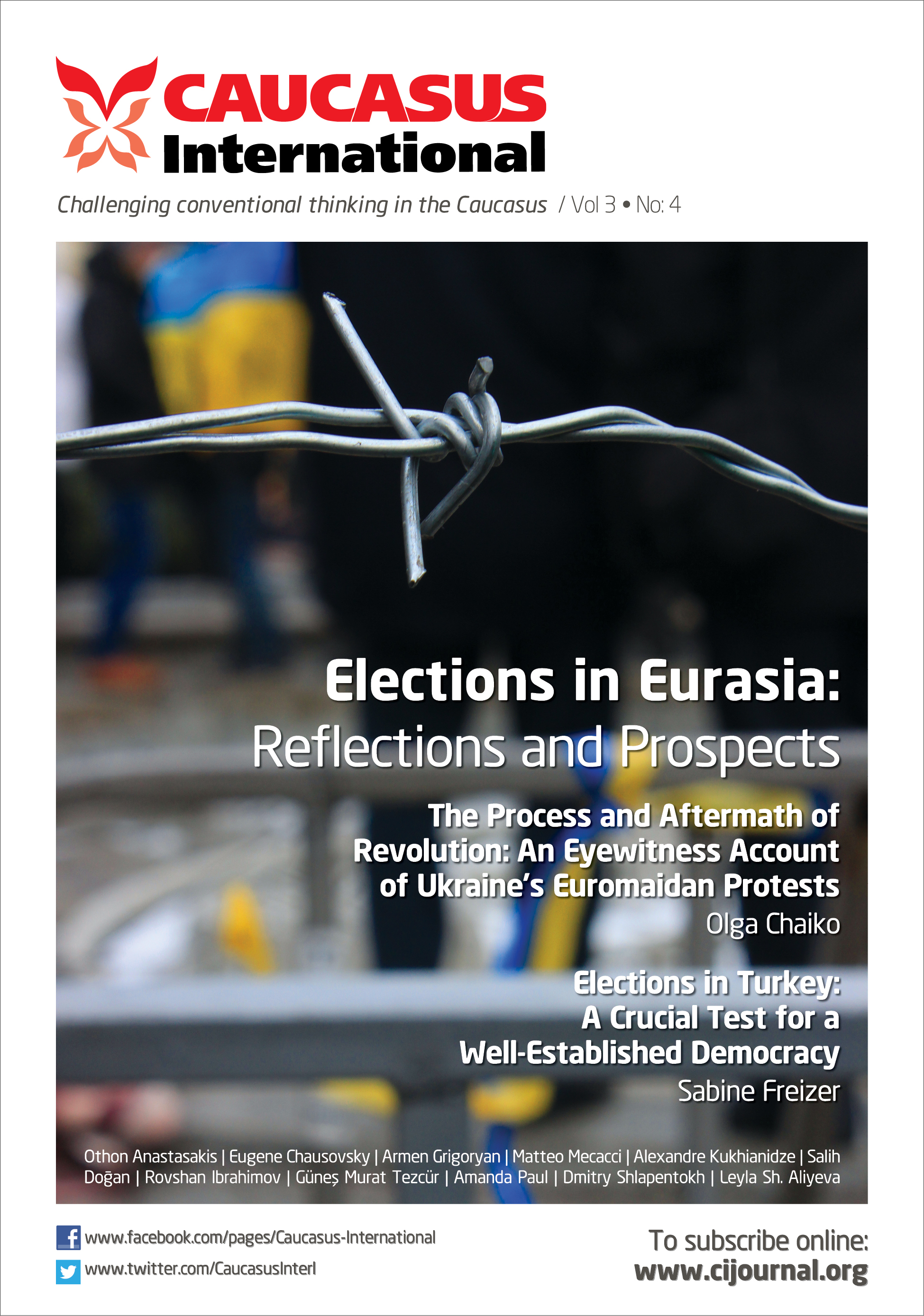Elections in Turkey: A Crucial Test for a Well-Established Democracy
Turkey is entering a decisive electoral period in 2014. The upcoming elections have the potential to either further inflame political tensions that increased throughout 2013, or to help resolve the crisis. Three different sets of elections are planned – local, presidential and parliamentary. While the local ones are scheduled for March 2014, it is still possible the dates of the other two will be advanced. For the first time in its republican history, Turkey is expected to elect its president directly, and the regulations for this are still being worked out. At this juncture the Justice and Development Party looks certain to retain its governing position, especially if the parliamentary elections are held together with the presidential race in summer 2014, as this should guarantee that no new political party joins the fray. But for elections to bring stability of the political and economic environment they will have to be free and fair. An impartial elections commission, an open campaign, a lower threshold to enter parliament, more flexible rules for the registration of political parties, and a free media environment are all key in ensuring a more competitive series of elections and more secure country.
Latest news
- 03/17/2020 Call for Submission: “Non-Alignment Movement and Its Perspective in International Affairs”. Deadline: 1 July 2020 2623 views
Popular articles
- 02/24/2020 The Role of Irredentism in Russia’s Foreign Policy 2535 views
- 02/24/2020 Construction of sub-national identity vis-à-vis parent state: Gagauz case in Moldova 2216 views
- 02/24/2020 The Conflict in Ukraine - The Geopolitics of Separatism and Divergent Identities (Commentary) 2071 views
- 02/24/2020 The Role of the Soviet Past in Contemporary Georgia 2044 views





